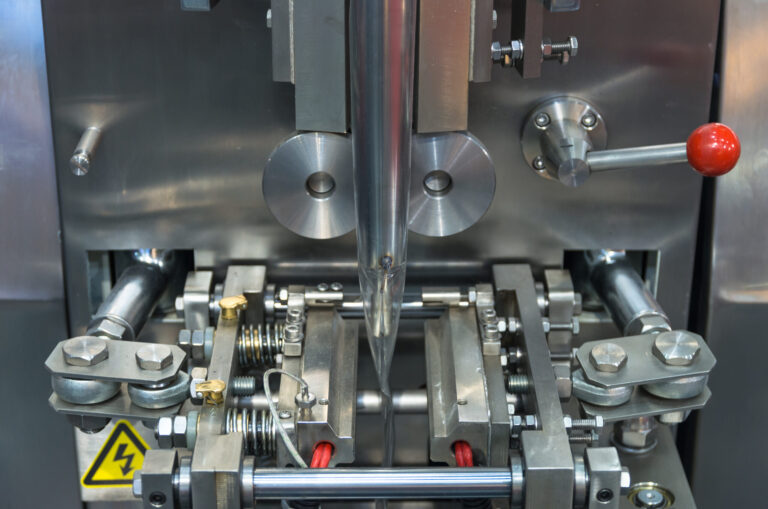Whether you’re nearing the end of high school or you’re getting ready to re-enter academia after time in the workforce, you often must decide between a college or a trade school. Depending on your career goals and your dream occupation, it may be easier for some prospective students to resolve than others.
For example, if you’re a non-traditional student, you may already have years of experience in a given field. You may need to return to pursue a degree or certification that keeps you competitive. For other students, you may not be ready to commit to a four-year program. If that’s so, you might want to consider a trade school that can give you valuable experience and helps you narrow down your career interests.
No matter your educational needs, it’s also helpful to understand how the application process differs between colleges and trade schools. So, if you’re ready to pursue continued education, here’s what you need to know.
How do you apply to trade school?

If you’re interested in a trade school, apprenticeship, or automotive and diesel technology program, it’s helpful to know where to look and how to apply. When you’re getting ready to fill out an application for a trade school, it’s essential to review a program’s requirements before you fill out any paperwork. For starters, you’ll have to ensure that you’re old enough. In many cases, trade schools require prospective candidates to be at least 16 years old. However, some trade schools or health care programs require that you’re 17 or 18 before you apply.
At this time, you should also review in-state tuition costs to find a program that you can afford. Whether you’re studying diesel technology, electronic systems, or other technical skills, stay aware of any certificate program costs or expenses. It’s also wise to review financial aid and scholarship options. Even if you didn’t have the best high-school GPA, there are several technical skills and certificate programs across the U.S. that will accept students with robust work experience or a strong work ethic.
You’ll have to gather important documents, take any required exams, and fill out applicable paperwork. In addition, for some trade school programs, there are application fees and additional expenses. Keep these in mind when you apply.
How do you apply to college?
For many undergraduate programs and majors, the application process is relatively similar. Depending on the educational institution, you’ll want to take any required exams, complete a personal statement or statement of interest, fill out a comprehensive application, and submit any letters of recommendation. Some schools will want to discuss your extracurricular activities and educational goals with you. In addition, you may have to write the occasional college essay, request official transcripts, or undergo an interview process.
If a traditional college or undergraduate application sounds a bit overwhelming, you can look for college application services that can help you out every step of the way. For example, some application services can help you request your test scores, schedule counselor interviews, and even help you understand program-specific requirements. Especially if you’re trying to get into your dream school or you have your eyes on a competitive Ivy League university, application services can help you adapt to these higher-stress situations and better prepare for the college admissions process.
Take your time to find the right fit.

Whether you’re applying for an automotive program so you can work in the transportation industry or you’re ready for your first semester of a degree program, don’t let the trade school or college admissions process overwhelm you. Though college admissions can be daunting, you’ll soon learn how to curate your educational background, highlight your strengths, and speak frankly about your professional goals and specialties. Then, with the right tips, tools, and services backing you, you’ll find that getting into your dream school or program might be less of a dream and more of a reality than you think.















